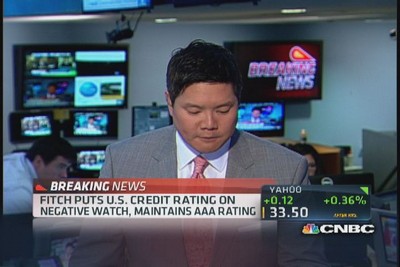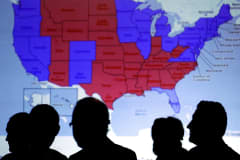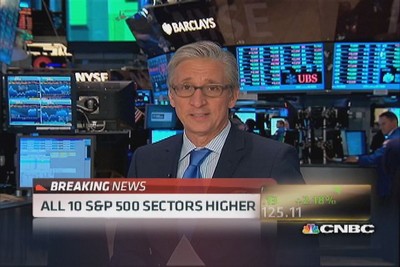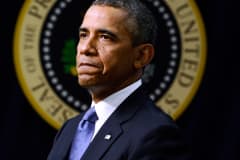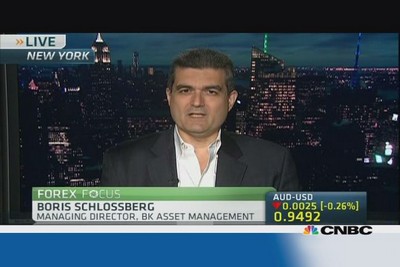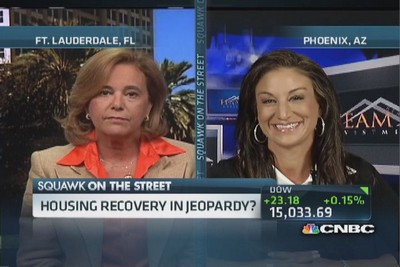As the U.S. Supreme Court deliberates on a case that may very well undermine a central plank of Obamacare, the vast majority of people who have gained health coverage under the controversial program are happy with it, a new survey finds.
A total of 86 percent of people who are newly insured through private Obamacare health plans or Medicaid are very satisfied or somewhat satisfied with their coverage, according to the Commonwealth Fund report. (Tweet this)
That report, issued last week, also reveals that almost 7 out of every 10 adults who are newly insured through either Obamacare private plans or Medicaid have actually used it to get health care.
And more than 60 percent of those said they would have been unable to get or pay for that treatment without that new coverage, according to the survey.
They really, really like it
"The Affordable Care Act's coverage expansions have been in place for nearly 18 months, and indications are that the newly insured are pleased with their coverage and are using it to get needed health care," said Dr. David Blumenthal, president of the Commonwealth Fund.
Yet the findings come as many of the newly insured are at risk of losing their health plans because of a pending Supreme Court case that could lead to federal financial aid for Obamacare insurance premiums being barred in 34 states.


 Maria Bartiromo
Maria Bartiromo
